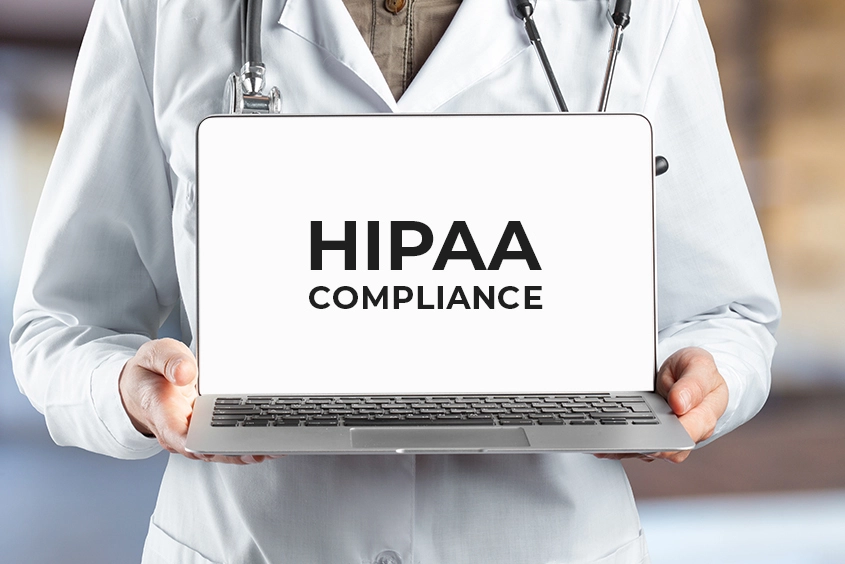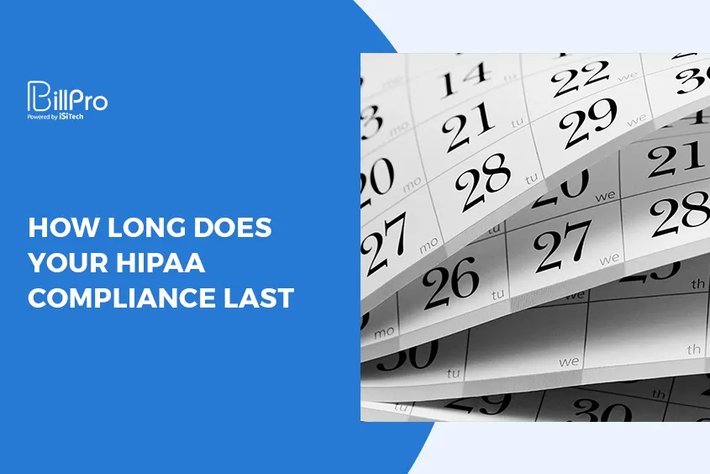When patients receive treatment from medical facilities and health institutions, they are assured that all their information will remain private and secure. The Health Insurance Portability and Accountability Act (HIPAA) of 1996 ensures that all data, even when recorded via electronic and digital devices.
What is HIPAA?
HIPAA is a federal law that requires healthcare providers to keep patient health information from being disclosed without the patient’s consent. The Department of Health and Human Services (HHS) mandated the Privacy Rule that implements HIPAA requirements when it comes to patients’ sensitive medical information.
The Privacy Rule addresses the collection and use of protected health information and when it is justifiable to disclose it. It mandates the standards for the patients’ rights to know and control how their health information will be used by healthcare providers, health plan providers, insurance companies, and other business associates of these covered entities.
The Privacy Rule is meant to protect patient health information while ensuring the efficient flow of data required to provide high-quality healthcare and maintain public health. It is designed to balance patient privacy and the use of vital information that would improve or address a public health need.
What is HIPAA Compliance?

Any company or healthcare facility that deals with protected patient health information must have robust measures in place to keep patient data secure. They must have physical, network, and process security measures, especially for the flow of electronic information.
Any facility that provides treatment, payment, or operates in healthcare and has access to this private information must meet HIPAA compliance.
The HIPAA Security Rule requires healthcare providers and partners to protect health information by encrypting emails, logging off computer networks and systems, protecting data backup, implementing risk management, enforcing security measures and policies, and signing business partner non-disclosure agreements.
Digital billing companies that provide software to the healthcare industry are also required to meet HIPAA compliance, as they are privy to patients’ sensitive health information. Companies like NY BillPro are reliable HIPAA-compliant medical billing software providers that protect patient data as mandated.
Non-emergency medical transport (NEMT) providers and other subcontractors are also required to meet HIPAA compliance and certification.
HIPAA Compliance: How Long does it Last?
Any electronic record containing private health information must be protected for at least six years under the HIPAA Security Rule.
However, certain states have laws that overrule this and require different lengths of time for securing protected health information. The maintenance period for certain healthcare facilities also varies because some organizations are subject to other regulations.
For example, the Centers for Medicare & Medicaid Services (CMS) requires hospitals to keep their records for five years but extends that to a six-year minimum for critical access hospitals.
The Occupational Safety and Health Administration (OSHA) requires organizations to keep medical records for 30 years, so business associates and partners must comply regarding information protection and retention.
Physicians and HIPAA Compliance
Physicians that work in private clinics must also meet HIPAA compliance requirements, but the length of time to retain and protect their patients’ health information will depend on the state where they practice.
Some states require physicians to retain records for seven years, while others require information retention for ten years.
It is crucial to ensure that necessary security measures are in place when information is destroyed or if the facility intends to retain the data indefinitely. Consulting with legal counsel is best in these situations to ensure that an organization remains compliant with HIPAA standards.
Health Insurance Companies

Health insurance companies and their agents must retain and protect patient health information for six years. They must keep the records for an additional five to seven years after a contract with a healthcare partner ends.
These institutions must also follow all local mandates related to the length of time they must retain records.
Business Associates and Subcontractors
Business associates and subcontractors for healthcare facilities—such as NEMT services and medical billing software providers—must maintain and protect patient data for at least six years.
However, if their contract ends, they are no longer required to maintain information. They must return all records to their healthcare partners within 30 days.
After the 30-day limit, the business associate or subcontractor must sanitize the health information they kept, which means they must follow HIPAA guidelines when destroying information. The data destruction process is designed so that the protected patient data can no longer be accessed by any party. Electronic data must be overwritten with 1 and 0, and all physical records must be shredded.
Meet HIPAA Compliance Requirements
Every healthcare provider, partner, business associate, and subcontractor in the healthcare industry has the duty and responsibility to protect patients’ sensitive medical and health information. Whether data is stored digitally or documented in printed form, patients have the right to control how their health information is used.
HIPAA mandates ensure patients that whatever health information they provide is protected by the law and will not be used against them or by any party for profit or research. These guidelines are critical in this age of digital information when sensitive personal data can be leveraged and monetized in so many ways.
Complying with these regulations is a fundamental requirement of any healthcare facility. Remember that HIPAA compliance is not a one-time thing; it must be maintained for several years.

 5/5 (1 vote)
5/5 (1 vote)
 154 views
154 views




